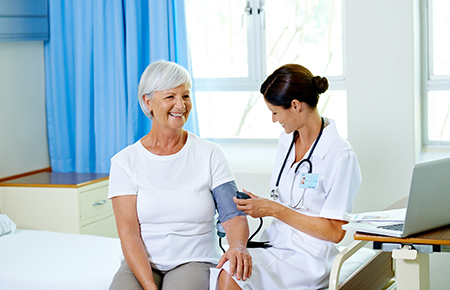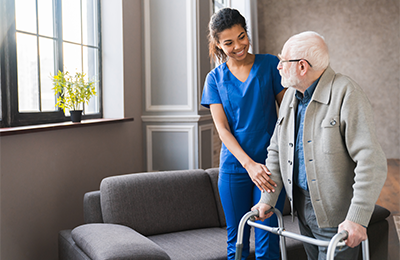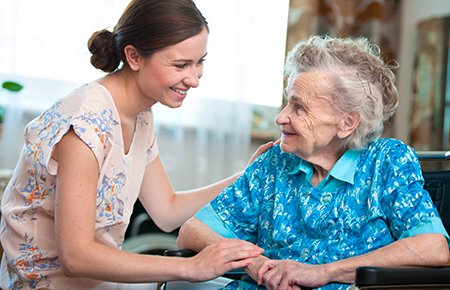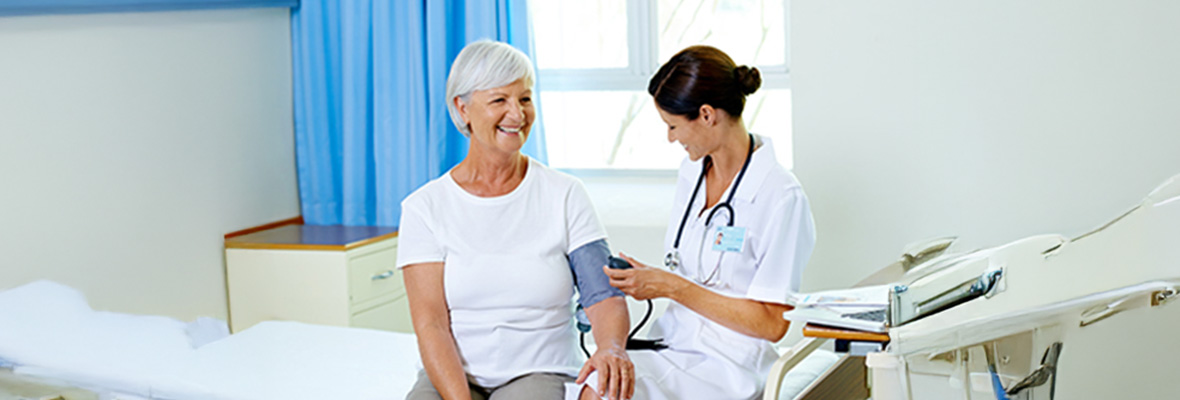
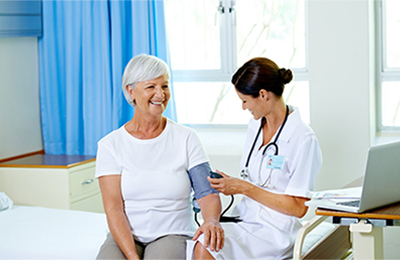
Ageing brings health risks that often go unnoticed. Bones lose strength. Blood pressure rises. Energy drops without warning. A routine health check-up for seniors is not just about treating problems. It is about spotting them before they start.
Most issues in older adults don’t show symptoms at first. A slight dip in stamina. A bit of forgetfulness. Joint pain that comes and goes. These can all signal something more. Without proper screening, problems grow slowly until they need urgent attention. That is why the importance of routine health check-ups increases with age and should be an essential part of elderly care.
A check-up brings more than test results. It gives seniors a sense of control. It helps doctors track trends over time. It keeps medication, diet, and activity aligned with real data. For families, it brings clarity. For seniors, it provides safety.
Why Regular Check-Ups Make a Difference
By age 60, the body begins to respond differently. Healing slows. Immunity weakens. Conditions like diabetes, arthritis, or hypertension are more common. A medical check-up for the elderly helps keep these in check. Even for those who feel fine, check-ups are essential. Diseases like high blood pressure or early-stage cancer often show no signs. Waiting for symptoms is risky. A senior citizen health checkup finds problems early, when treatment is easier and less expensive. It also supports better medication management. Many seniors take several medicines. Check-ups help doctors adjust dosages and check for side effects or interactions.Health Problems Often Missed Without Screening
Some conditions develop so slowly that people do not notice them. A routine health check-up for seniors can detect:- High blood sugar
- Cholesterol build-up
- Silent heart problems
- Loss of bone density
- Kidney or liver function decline
- Early signs of dementia or depression
What to Expect in a Standard Check-Up
A proper health check-up for the elderly should look at the whole body. It usually includes:- Blood tests for sugar, cholesterol, liver, and kidney function
- ECG and blood pressure monitoring
- Eye and ear exams
- Bone scans for osteoporosis
- Urine tests for infection or organ function
- Cognitive and mental health screening
- Cancer screenings, such as a mammogram or a PSA
Prevention Should Be Part of Every Check-Up
Check-ups are not just for finding illness. They are also for staying healthy. Preventive care is often overlooked, but it matters more with age. A health check-up for senior citizens should also include:- Flu, pneumonia, and shingles vaccines
- Tetanus and other boosters
- Skin checks for growth or unusual moles
- Fall risk evaluation
- Nutrition and weight guidance
Mental Health Deserves Equal Focus
Older adults are at higher risk of loneliness, anxiety, and depression. These often go unspoken. A medical check-up for the elderly should include mental wellness. This can be as simple as asking the right questions.- Are you sleeping well?
- Are you feeling low?
- Have you lost interest in your hobbies?


